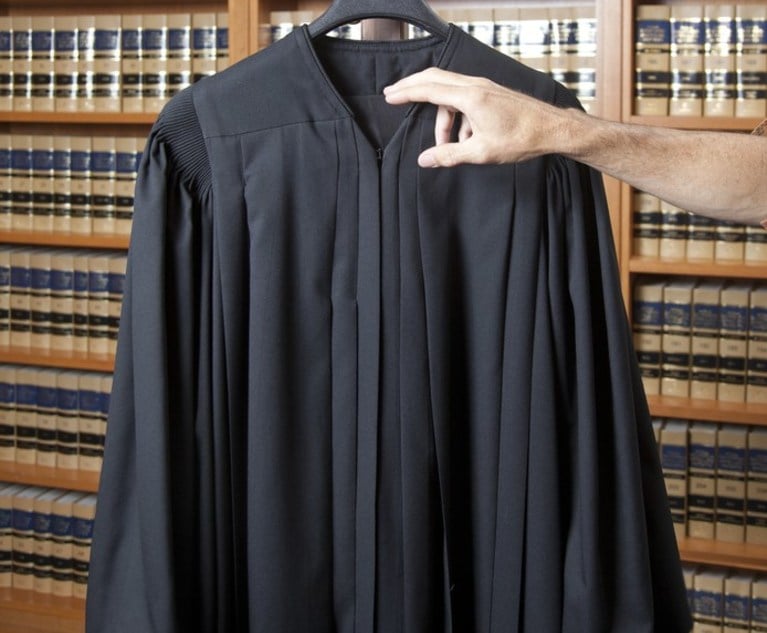With the newest Justice of the U.S. Supreme Court seated, court watchers are scrutinizing how the new mix of justices will interact and determine the array of pending cases. Cyber crime aficionados, in particular, may be watching with special interest this December’s upcoming oral argument in Gamble v. United States. Docket No. 17-646, Writ of Certiorari granted on June 28, 2018, 138 S. Ct. 2707. The main issue before the high court is whether the long-established dual sovereignty doctrine will survive, or will it be modified to meet special circumstances now existing in the digital age, as the court recently did with the third party doctrine in Carpenter v. United States, 201 L.Ed. 2d 507 (2018).
The significance of the dual sovereignty doctrine cannot be understated given the ubiquitous use of digital media as a means of communication, the expansion of federal criminal jurisdiction, state and federal telephony and conspiracy jurisdiction statutes, including new identity theft jurisdiction statutes, and the consequential opportunity of both state and federal sovereigns to obtain jurisdiction over criminal conduct as well as complex criminal enterprises that go beyond one state’s borders.


 Peter A. Crusco
Peter A. Crusco




